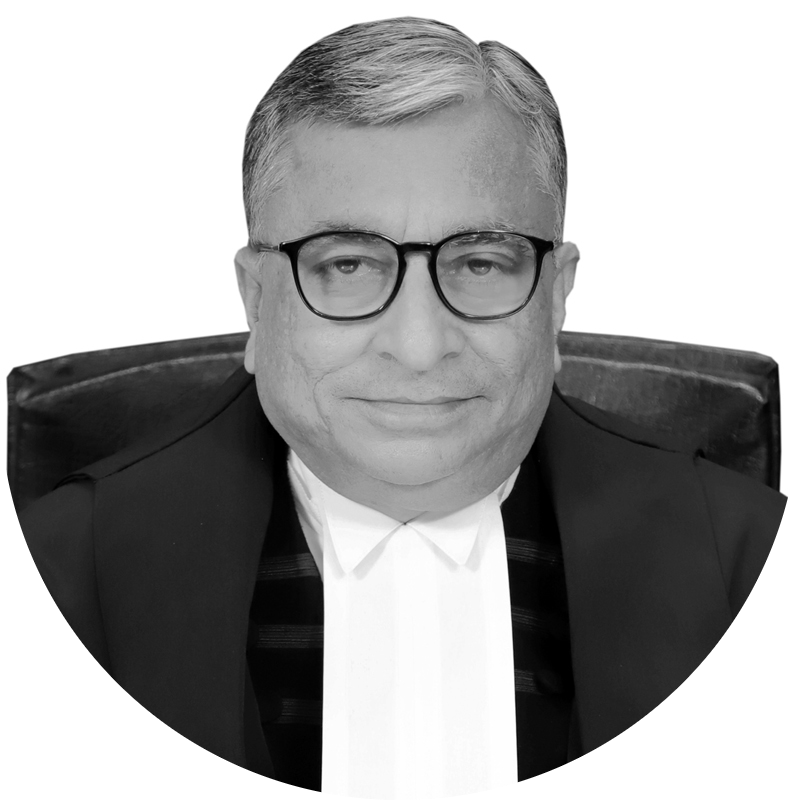Constitutionality of Criminal Contempt
N Ram & Ors v Union of India
The Supreme Court initiated suo moto criminal contempt proceedings against Advocate Prashant Bhushan and Twitter India, on the basis of two tweets posted by Bhushan.
Decided
Parties
Petitioner: N Ram; Prashant Bhushan; Arun Shourie
Lawyers: Rajeev Dhavan
Respondent: Union of India
Lawyers:
Case Details
Case Number: WP (C) 791/2020
Next Hearing:
Last Updated: October 19, 2021
TAGS: Contempt, Criminal Law, Freedom of Speech
Key Issues
Whether Section 2(c)(i) of the Contempt of Courts Act, 1971 for violating the freedom of speech?
Case Description
On 22nd July 2020, the Supreme Court issued Prashant Bhushan, a public interest lawyer, with a notice referring to a contempt petition filed against him by a third party. This was subsequently converted into a suo moto petition.
The contempt notice was based on two tweets authored by Mr. Bhushan: the first regarding the CJI riding a Harley Davidson motorcycle, and the second regarding Mr. Bhushan’s assessment of the role of the Court in the ‘destruction of democracy’. Mr. Bhushan then filed a Reply Affidavit, which was heard by the Court on 5th August 2020.
On 6th August, Mr. Bhushan submitted an application under s.17(5) of the Contempt of Courts Act, 1971. He asked to submit more evidence if the Court intended to further hear the matter.
On the 31st July 2020, Mr. Bhushan along with Mr. N Ram and Mr. Arun Shourie filed a petition before the Supreme Court challenging the constitutional validity of s.2(c)(i) of the Contempt of Courts Act, 1971. This section describes scandalising or lowering the authority of any court as a condition for criminal contempt.
Mr. Ram is a journalist and a former Editor-in-Chief of The Hindu, while Mr. Shourie is an economist, journalist, and a former Union Minister, as well as a Padma Bhushan recipient.
The three petitioners have all been involved in contempt cases in the past, and submit that they are ‘concerned’ about the ‘chilling effect’ of the relevant subsection on the freedom of speech. Their claim is based on several points, most significantly the vague and loose wording of the relevant subsection—’scandalising or lowering the authority of the court’—which they argue is susceptible to misuse, and cannot and should not be included under contempt of court.
The case was earlier listed before a bench of Justices Chandrachud and Joseph on 10 August 2020 but thereafter was deleted from the cause list. The Supreme Court Registry circulated a note stating that since another bench was hearing similar matters, the case challenging the constitutionality of criminal contempt was listed by mistake by the Registry before Justice Chandrachud’s bench. The case came up on 13 August 2020 before a three-judge bench consisting of Justices Mishra, Gavai and Murari.
The Court allowed the writ petition to be withdrawn and granted the petitioners’ request for permission to file it before a High Court at a later stage.



